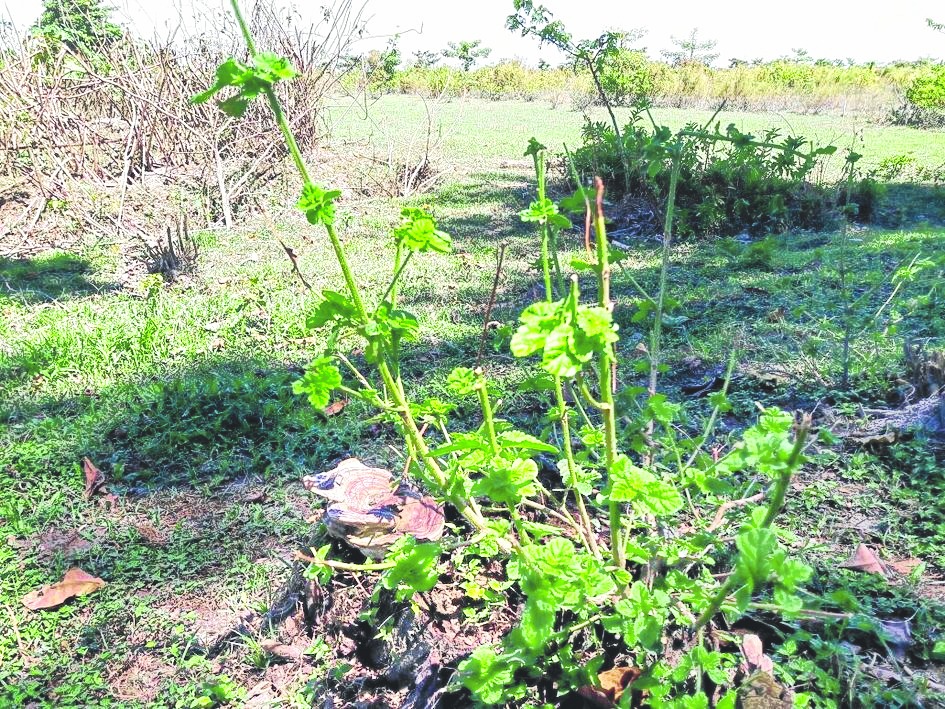
Jorhat, Aug. 4: A team of experts from Veterinary Science College in Guwahati and Krishi Vigyan Kendra in Jorhat, has attributed the large number of cattle deaths in Majuli to the consumption of a poisonous plant.
Rupam Borgohain, coordinator of the Kendra, told The Telegraph over phone from Majuli that the cows probably died after eating the plant Lantana camara, locally known as gophul, which is highly poisonous for the cattle.
"We visited the Major sapori in Majuli where more than 150 cows have died and have been buried in the sand and the symptoms described by the residents point to the consumption of the plant," Borgohain said.
He said the cows usually ignore the plant but because of scarcity of fodder they saw that the leaves of gophul shrub had been eaten.
"The cows start haemorrhaging after eating the leaves and the skin breaks open. It acts as a slow poison and the animal feels weak. It also becomes extremely photosensitive and seeks shade under trees. After about a week of not being able to eat or digest food, the cows and calves usually die," he said.
"The plant is not indigenous to our country. Like parthenium and mimosa in Kaziranga National Park and some other plants, they have been imported from Latin American countries," he said.
Borgohain said in Majuli, the plant was sparse but could soon overrun the island as it was very prolific, generating through seeds, branches and roots. "We have asked the residents to immediately uproot any such plant and to try and eradicate it," he said.
A team of the Assam Jatiyatabadi Yuba Chatra Parishad, which had visited the island for two days and donated relief to the flood-affected, had discovered largescale cattle deaths in Tikirai sapori.
Siba Kalita, organising secretary, AJYCP central committee, said 64 families of Dakhinpaat Kamar Gaon had about 12,000 head of cattle on the sapori, of which about 700 died.
The Assam Agricultural University team, led by director of research Apurba Chakravarty, will visit the sapori tomorrow.
Palash Changmai, general secretary, AJYCP central committee, today condemned the crores of rupees spent on erosion protection work by the government but to no avail.
"From 1956, out of the three mouzas in Majuli, the Ahotguri mouza was almost eroded and other parts too had been affected," he said.










